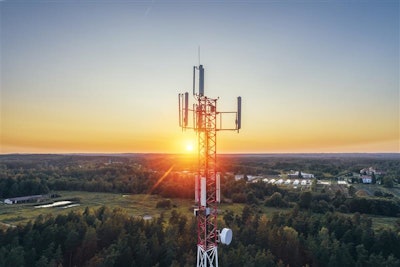
Numerous wireless carriers like Verizon, AT&T and T-Mobile are participating in what is called the 3G sunset. In layman's terms, these carriers are retiring their 3G networks, making devices that run on 3G data obsolete. They are doing so to focus on more current and future networks like 5G.
But what does this mean exactly? It's not just that your uncle with the outdated flip phone will be forced to upgrade to a cell phone that is compatible with 4G or higher. Numerous other devices that are considered mobile will be forced to be upgraded or become useless after the 3G sunset, like alarm systems, communication devices and asset sensors. For trucking especially, drivers rely on electronic logging devices (ELDs) for compliance. If the ELDs rely on 3G, then the fleet could run into compliance issues, resulting in fines.
The shutdown of 2G and 3G towers for AT&T is projected to happen sometime in February. While the wireless carrier delayed the sunset before, experts believe there will be no postponement this time. Other carriers are projected to shutdown their towers throughout the year.
For supply chain operations, it is an imperative time for managers to make sure their technology is up to date. While supply chain disruptions are rampant right now, companies should already be evaluating their hardware, software and technology to create an efficient operation. The 3G sunset adds another layer to the importance of assessing current operations. If supply chain companies are unaware that many devices in their operations rely on 3G networks, this will cause serious disruptions in productivity once the shutdown occurs.
Many technology providers are using the sunset as an opportunity to connect further with supply chain companies to offer services in assistance with the transition.
This could be the kick that some of the supply chain needs to modernize their operations.




















